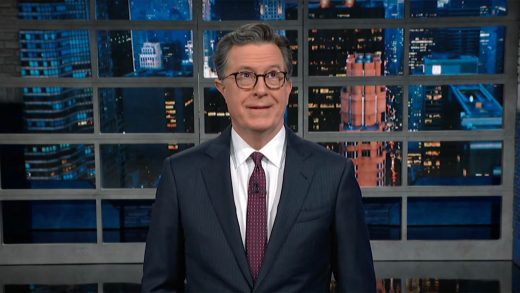A single paragraph in the Mueller report out Thursday offers an interesting look into how the Special Counsel’s investigation came head-to-head with associates of President Trump who used encrypted and ephemeral messaging to hide their activities.
From the report:
Further, the Office learned that some of the individuals we interviewed or whose conduct we investigated-including some associated with the Trump Campaign — deleted relevant communications or communicated during the relevant period using applications that feature encryption or that do not provide for long-term retention of data or communications records. In such cases, the Office was not able to corroborate witness statements through comparison to contemporaneous communications or fully question witnesses about statements that appeared inconsistent with other known facts.
The report didn’t spell out specifics of whom or why, but clearly Mueller wasn’t happy. He was talking about encrypted messaging apps that also delete conversation histories over a period of time. Apps like Signal and WhatsApp are popular for this exact reason — you can communicate securely and wipe any trace after the fact.
Clearly, some of Trump’s associates knew better.
But where prosecutors who have faced similar setbacks with individuals using encrypted messaging apps to hide their tracks have often attacked tech companies for building the secure apps, Mueller did not. He just stated a fact and left it at that.
For years, police and law enforcement have lobbied against encryption because they say it hinders investigations. More and more, apps are using end-to-end encryption — where the data is scrambled from one device to another — so that even the tech companies can’t read their users’ messages. But just as criminals use encrypted messaging for bad, ordinary people use encrypted messaging to keep their conversations private.
According to the report, it wasn’t just those on the campaign trail. The hackers associated with the Russian government and WikiLeaks, both of which were in contact following the breaches on Hillary Clinton’s campaign and the Democratic National Committee, took efforts to “hide their communications.”
Not all of Trump’s associates have fared so well over the years.
Michael Cohen, Trump’s former personal attorney, learned the hard way that encrypted messaging apps are all good and well — unless someone has your phone. Federal agents seized Cohen’s BlackBerry, allowing prosecutors to recover streams of WhatsApp and Telegram chats with Trump’s former campaign chief Paul Manafort.
Manafort, the only person jailed as part of the Mueller investigation, also tripped up after his “opsec fail” after prosecutors obtained a warrant to access his backed-up messages stored in iCloud.
Source : Mueller says use of encrypted messaging stalled some lines of inquiry











